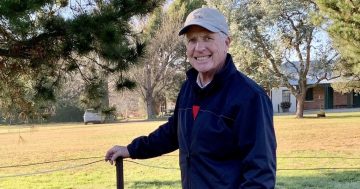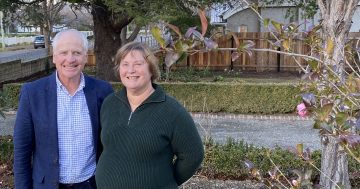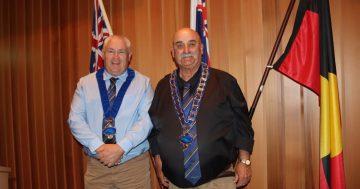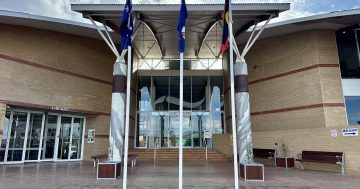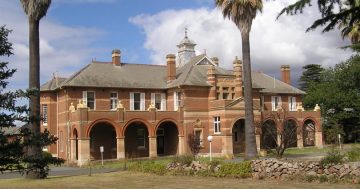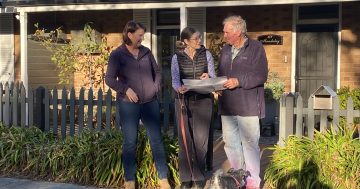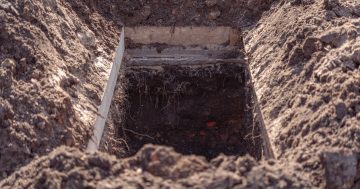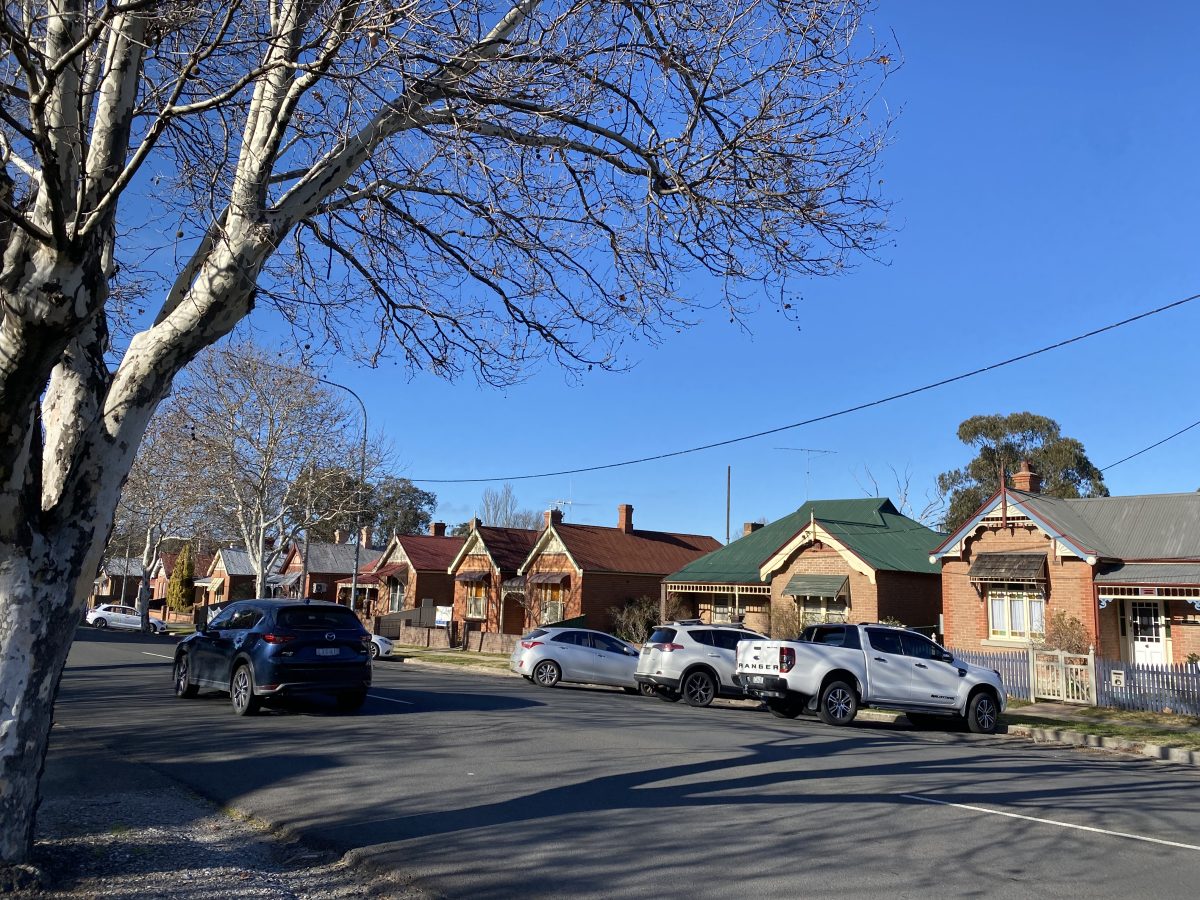
The boundaries around many of the inner-city blocks in Goulburn are not as settled as people may think. Any developments near them need to be carefully handled, according to a candidate in the upcoming Goulburn Mulwaree Council elections, Adrian Beresford-Wylie. Photo: John Thistleton.
Goulburn Mulwaree Council is being urged to make sure neighbours are properly consulted before allowing developments in the inner areas of the city.
According to Goulburn resident Adrian Beresford-Wylie hundreds of blocks of land in the city, particularly in the heritage conservation areas, have uncertain boundaries. They are under limited Torrens title.
“This is because the land has not been surveyed by the New South Wales Registrar General and therefore the government is not in a position to accept the boundaries of the property as settled,” Mr Beresford-Wylie said. “This creates the potential for problems unless council exercises care in its planning processes.”
The deed boundaries of a limited title property may date from the late 19th or early 20th centuries and could well have changed over the years because of previous owners’ developments.
“It is not council’s role to determine the boundaries of limited title properties but it is the council’s role to determine appropriate boundary set-offs,” Mr Beresford-Wylie said in a submission to the council.
“Accordingly, council must exercise care when approving development applications which propose building close to boundaries between limited title blocks,” he said.
He is calling for better consultation before developments are approved in his submission to the council’s Community Participation Plan (CPP). The CPP aims to make participation in planning matters clearer for the community by setting out in one place how residents can participate in the planning system.
A candidate in the upcoming Goulburn Mulwaree Council elections in September, Mr Beresford-Wylie wants a comprehensive review of the CPP.
After many years working in local government at a senior level, he believes specific issues need addressing because of Goulburn’s history and heritage housing stock. His is advocating for more transparency of decision-making and engagement with people making development applications.
“In considering development applications on limited title blocks, council staff must have a duty of care to ensure that the immediately adjacent neighbour has been consulted and any boundary issues have been resolved,” he said. “In the absence of consultation, boundary disputes may arise and property rights may be negatively affected.”
He says the CPP should strengthen requirements on council that affected neighbours are consulted, and an absolute requirement that council itself should notify the immediately adjacent neighbour of the development on limited title land.
Mr Beresford-Wylie’s submission also addresses the council’s transparency in decision-making, citing the Productivity Commission’s finding that councils generally were administering state government regulation without sufficient resources, training or guidance on priorities.
“The result was that councils tended to overregulate as a means of reducing risk,” he said. “It was easier and less risky for councils to say no rather than yes at the margin, with the outcome being that business growth was hindered rather than encouraged.
Council’s DA performance is slowing down as well, and compares unfavourably with regional NSW as a whole.
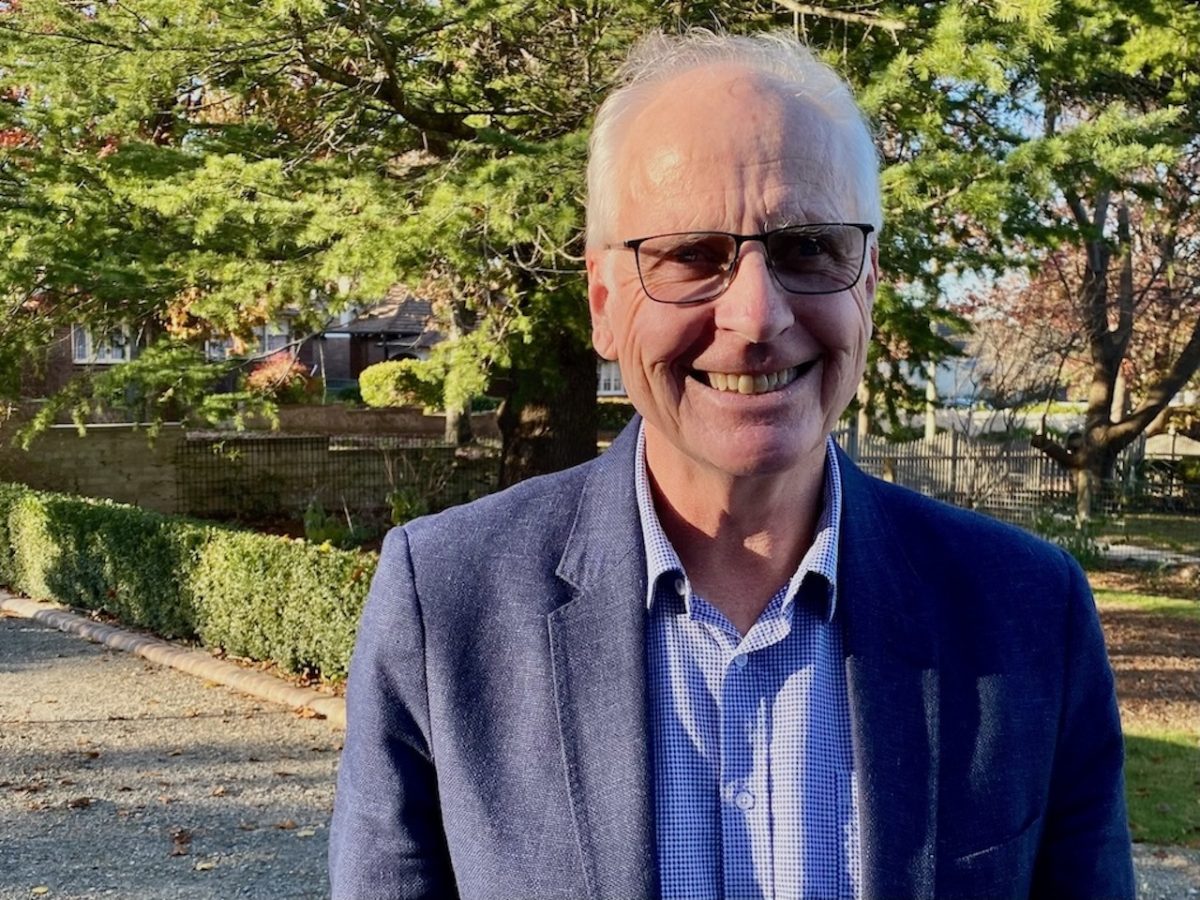
Adrian Beresford-Wylie has set out one of the underlying causes of development applications in Goulburn taking longer to assess than the NSW average and offers a solution in a submission to Goulburn Mulwaree Council. Photo: John Thistleton.
“Businesses in Goulburn, individually and collectively through the Chamber of Commerce, have complained of delays and lack of transparency in decision-making,” he said.
Under existing arrangements, the CPP leaves it up to the council staff to determine whether people are materially affected by a development proposal and therefore should be specifically notified.
“Council staff should not rely on specific statements from a DA proponent that neighbours will not be affected when determining whether a person is materially affected,” he said.
The council is proposing to meet only the minimum requirements for notification. It is suggesting doing away with newspaper advertising because that goes above and beyond requirements.
He said the decision to scrap advertising and rely solely on the council’s website assumed that Goulburn residents, regardless of age or socio-economic status, were all equally engaged with council through its website.
“The problem here is that people do not know what they do not know,” Mr Beresford-Wylie said. “That is, if people have no idea that a development is being planned in their area or that a DA has been lodged they will not know when to look at the website,” he said.
Among measures he suggests to improve community consultation is a regular newsletter to augment channels for engaging and consulting the community on planning.
He would like to see guidance and training for planning staff to minimise overregulation and avoid the rejection of DAs to minimise risk to council. “The benefits which arise from approving a DA in terms of establishing and expanding a business should be given greater weight,” he said.







